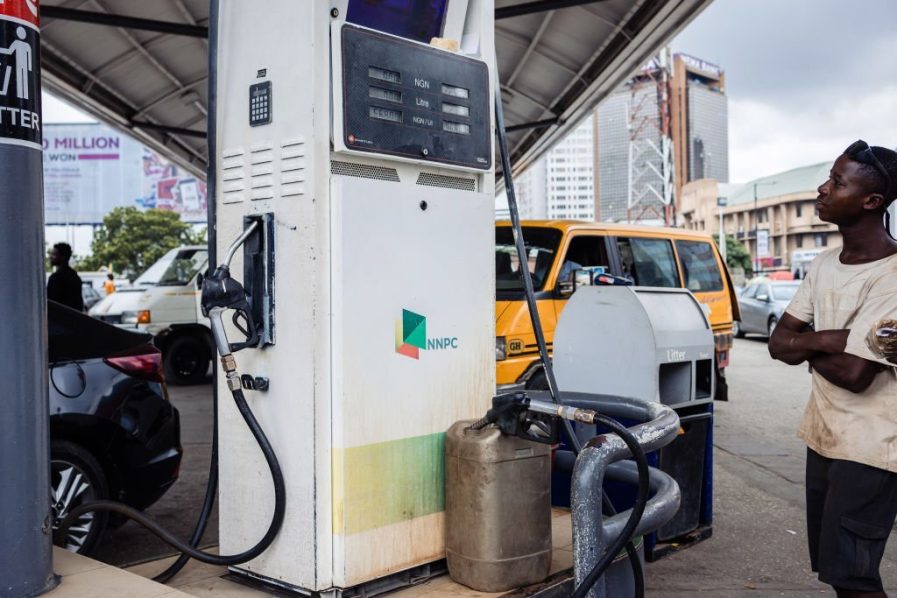
• Cleric seeks Dangote’s direct sale of products to marketers
Federal Government, yesterday, washed its hands off the petrol pump price crisis between Nigerian National Petroleum Corporation Limited (NNPCL) and Dangote Refinery, saying both parties were at liberty to determine their own market prices for consumers.
This position was revealed by the Special Adviser on Information and Strategy, Bayo Onanuga, while briefing State House correspondents at the Presidential Villa, Abuja.
Onanuga, who was joined by the Senior Special Assistant to the President on Digital Communication and Engagement, O’tega Ogra, explained that since the petroleum market had been deregulated, both Dangote and NNPCL, as oil refiners and marketers, were allowed to operate according to economic market forces and set their prices for petrol.
The presidential spokesman said such a scenario would be beneficial to Nigerian consumers in the end as competitive alternatives and pricing war tend to force prices down.
“The PMS price regime has been deregulated. Dangote is a private company. NNPC should not forget it is a limited liability company.
“Whatever controversy both of them are having is their own problem. Even if you go by the terms of Petroleum Industry Act, NNPC is on its own. Even though it’s owned by the Federal Government, the state government and local councils and everything, it is operating as a limited liability company.
“You can see that the private marketers have said that they find the NNPC or Dangote price too much for them, and they may resort to importing fuel,” stressing that government “is not dabbling into this controversy.”
Meanwhile, the Catholic Archbishop of Ibadan Archdiocese, Most Rev. Gabriel Abegunrin, has urged the Federal Government to allow Dangote Refinery to sell petrol directly to marketers.
The archbishop made the call, yesterday, at a news briefing organised by the archdiocese on the occasion of his 75th birthday anniversary. Abegunrin said allowing Dangote to decide the price of petrol and sell directly to the marketers would make it easier and cheaper for people to buy petrol rather than through NNPCL.
The cleric also urged governments at all levels to continue to do their best to secure lives and property of the people.
SIMILARLY, a group, Development Diaries, has said Dangote’s recent fuel price comments raise critical concerns about the transparency of the NNPCL in its petrol pricing.
According to the body, the discrepancy highlights a lack of clarity in NNPCL’s fuel pricing, raising questions about how the company calculates and communicates these costs to citizens.
In a statement, it said given the current economic climate, such secrecy threatened public trust, especially when citizens were already grappling with inflation and high fuel prices.
“The Petroleum Industry Act (PIA), specifically under chapter three, mandates transparency in the operations of NNPCL, yet the current scenario paints a picture of public deception. NNPCL is undermining its obligations under the PIA by failing to provide clear and transparent explanations for its pricing.
“This issue becomes even more troubling considering that citizens, who directly bear the cost of these price fluctuations, deserve accurate information about how fuel prices are determined and what factors are responsible for the high cost of fuel. Citizens must take an active stance, holding NNPCL accountable for its lack of transparency,” it stated.






